8 BEST Foods for Your Teeth & Gums

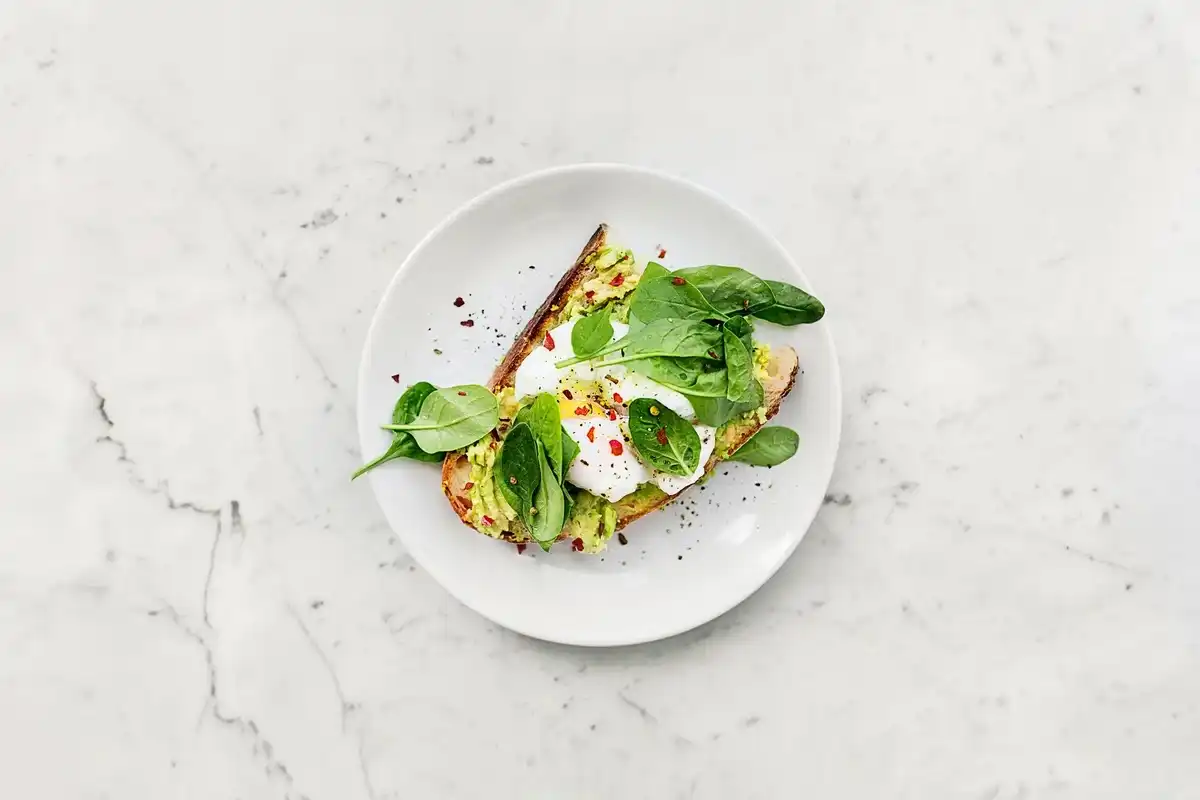
Choosing food good for teeth and tooth enamel each day can help you limit your chances of cavities, gum disease, and tooth loss. Knowing which teeth strengthening foods are best can make it easier to grocery shop and select healthy snacks for your family.
Which Foods To Look For
Which Foods Strengthen Teeth
Foods for healthy teeth will typically require heavier biting and chewing. They’re firmer, fibrous, and sometimes crunchy. Choosing food good for teeth starts with identifying the foods that are bad for teeth, such as processed, artificially sweetened, and those with heavy preservatives.
Balancing teeth strengthening foods with great oral hygiene can set you up with healthier tooth enamel, stronger gums, and a head start at keeping your smile healthy for the rest of your life.
Best Healthy Foods For Your Teeth
1) Yogurt And Cheeses
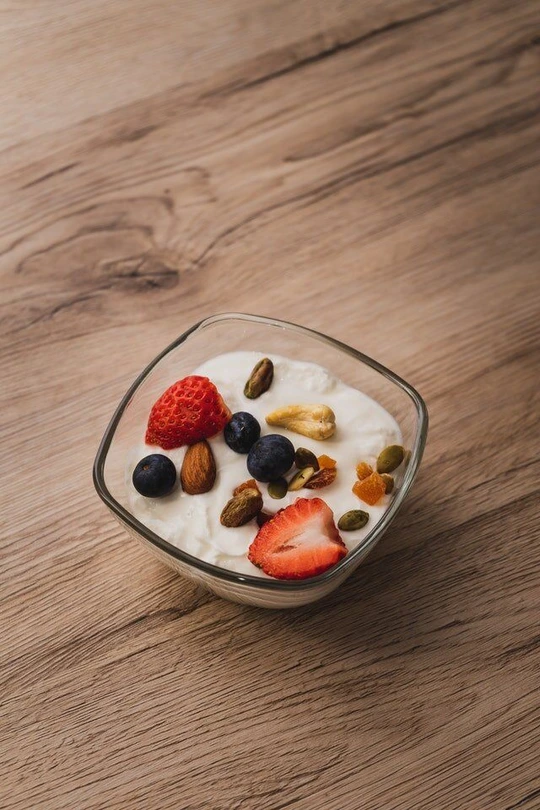
Calcium is crucial for healthy bone and tooth development. Your teeth need calcium just like they do fluoride. And which foods are most rich in calcium? Dairy products! As a bonus, sharp cheeses (such as cheddar) can also neutralize acidic pH levels to promote a healthier oral environment that reduces your chances of tooth decay. If you prefer yogurt, plain and sugar-free Greek yogurts tend to be the best/healthiest for your tooth enamel. The natural probiotics found in yogurt can also assist in stabilizing healthy oral flora levels in your mouth by promoting balanced levels of good bacteria and reducing the bad ones.
2) Carrots
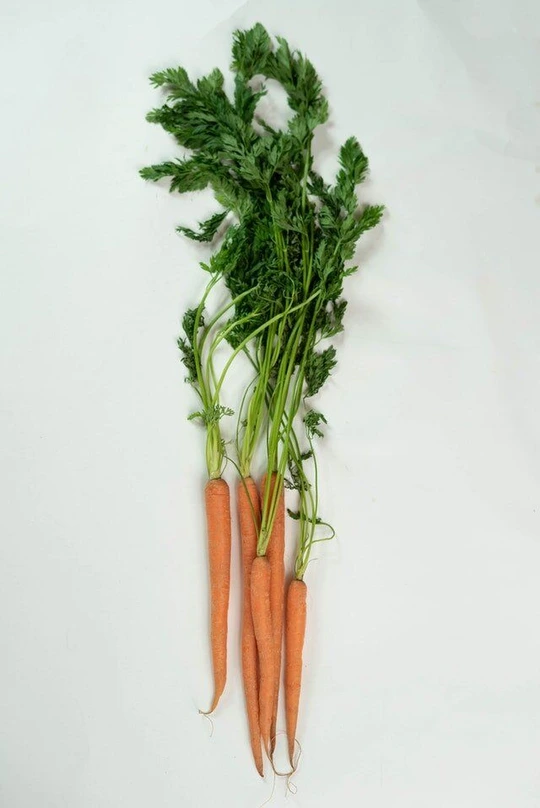
Carrots require physical biting and crunching, which is stimulating for gum tissues. They also physically wipe away plaque while you’re eating them. Plus they’re rich in Vitamin A as well as keratin, which is great for healthy skin, gums, and teeth. Carrots also contain several different types of Vitamin B, which helps with having healthier gums.
3) Leafy Greens

Fresh, leafy greens contain folic acid (which can help fight gum disease) and are a great source of calcium. By strengthening your teeth, leafy greens help you cut back on your cavity risk while also naturally reducing plaque levels inside your mouth. Produce like lettuce and Swiss chard tend to contain a naturally higher content of fluoride (a natural mineral.) Collard greens, broccoli, and kale have the highest amount of calcium. Some greens are best eaten raw, but if you prefer to cook them for taste and texture, you’ll still get plenty of nutritional benefits.
4) Apples
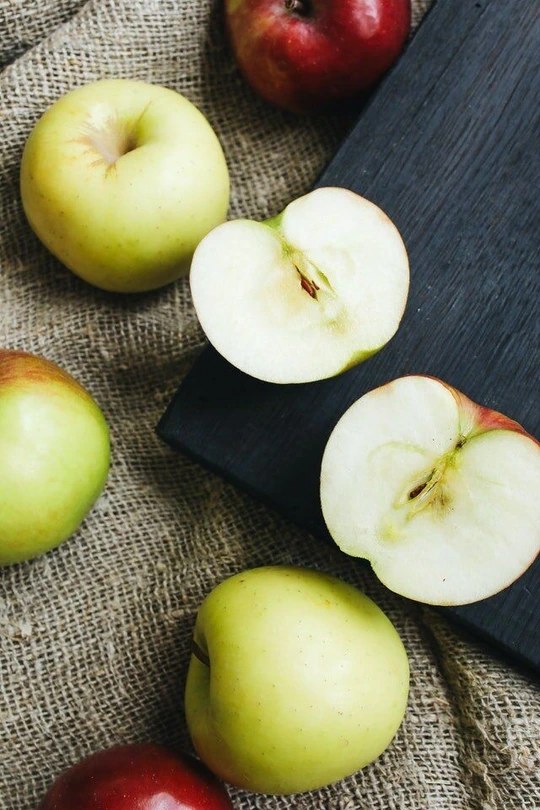
Like carrots, eating apples provides your teeth and gums with crunchy, fibrous stimulation that naturally reduces plaque buildup inside your mouth. If you’re looking for a snack that’s both portable and good food for teeth, apples are a smart pick. Every time you eat an apple or other produce, the chewing and crunching actions also stimulate saliva production. And increased saliva means neutralizing acids, flushing away bacteria, and lower rates of tooth decay overall.
apples cut in half
5) Green Teas
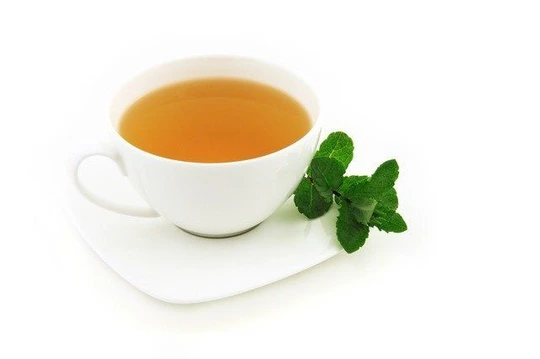
Teeth strengthening foods don’t necessarily have to be something that you eat. They can also be something that you drink! Green tea is one example. It contains natural antimicrobial agents that limit and possibly even destroy the bad bacteria that cause gum disease and tooth decay. Plus, green tea has natural fluoride, which helps remineralize weak tooth enamel to reverse the decay process. Just keep in mind that green tea also contains tannins that might contribute to dental staining.
6) Lean Proteins
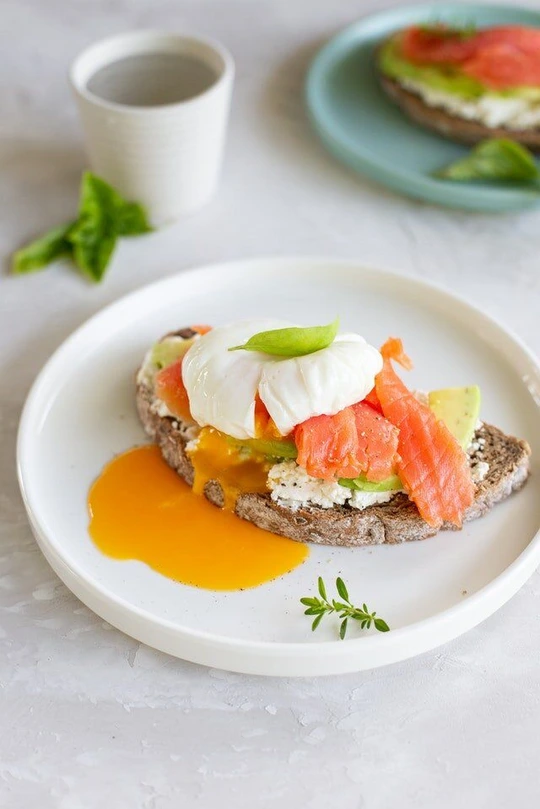
Fish, poultry, eggs, and similar protein-rich foods contain phosphorus, which is great for teeth. Bonus: fish is rich in omega-3 fatty acids, which can help make your mouth more resistant to periodontal infections and tissue detachment. Eating fish or taking an omega-3 supplement could help your gums heal more quickly during gum disease treatments. Some of the top fish products with the highest omega-3 levels are mackerel, salmon, and cod liver oil.
7) Nuts And Seeds
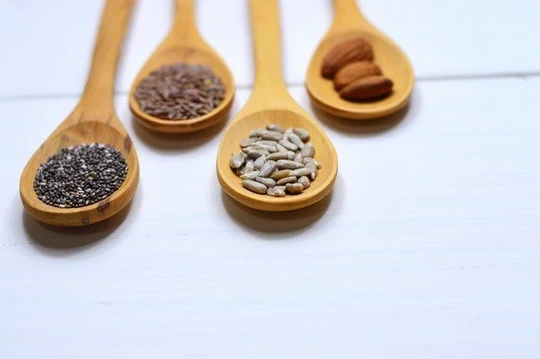
Walnuts, pumpkin seeds, peanuts, and flaxseed (including flaxseed oil) are rich in omega-3 fatty acids, which help promote healthy gum tissues and combat periodontal disease. They also contain fiber. As an added perk, they’re also good for your heart and can help lower your “bad” cholesterol. Try to stick with dry roasted, plain, or lightly salted nuts instead of the ones that are flavored or candied. You don’t want to counteract the good impact they make with something like added sweeteners or sugar.
8) Chocolate
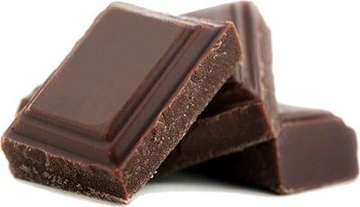
While not every chocolate is great for teeth, some chocolates are better for your smile than others. Dark chocolate is a great example. Typically, dark chocolate candies have less sugar in them. But dark chocolate is also considered a natural antioxidant, which makes it what a lot of people refer to as a “superfood.” The complex molecular component of dark chocolate is thought to do everything from help prevent cancer to assist in weight loss.
How Does Food Impact My Teeth?
Every single food you eat comes into contact with your teeth. In this case, “You are what you eat” becomes “Your teeth are what you eat.” The types of foods you expose your tooth enamel to on a regular basis can positively or negatively impact them for years and decades to come.
It’s ok to indulge in treats every now and then. But your day-to-day habits impact your teeth the most. As such, forming healthy habits like a diet that is rich in whole grains, fibrous foods, and low in sugar will be beneficial to your body overall.
Not Food, But WATER!
One of the MOST important things you’ll ever put into your mouth isn’t a food at all; it’s a drink. Water intake is crucial when it comes to dental health. If you’re eating well but not drinking right, you can still experience an increase in tooth decay.
You should be drinking more water than anything else. Other liquids — including juice and milk — have natural or artificial sugars inside them that can impact plaque and acid production. But water is a natural cleanser and lubricant, making it crucial when it comes to combatting dry mouth (xerostomia) and tooth decay.
Make a point to drink tap water instead of bottled water if possible. Municipal water supplies have regulated fluoride levels, but some bottled waters have acidic pH levels.
The more you sip on water throughout the day, the healthier your mouth will be. It’s a simple lifestyle change that has big benefits in the grand scheme of things.

Make your inbox smile!
Subscribe






